Savannah Energy PLC has announced its audited results for the year ended 31 December 2022.
The results show that Savannah’s total revenues grew 26% to US$290.4 million (from US$230.5 million in 2021), ahead of previously issued guidance of US$215 million. Adjusted EBITDA likewise rose 27% to US$222.4 million (FY21: US$175m), and the EBITDA margin remained unchanged at 77%.
Join our WhatsApp ChannelSavannah’s operating and administrative expenses stood at US$66.2 million and capex for the year was US$23.6 million, both significantly under previous guidance. Its cash balance on 31 December 2022 was US$240 million, up 56% from last year, compared to its current market cap of US$420 million Total group assets amounted to US$1.76 billion, compared to US$1.35 million in FY21.
The report further showed that the average daily gross production from Savannah’s Nigerian operations stood at 26.8 Kboepd, a 20% increase from 22.3 Kboepd in FY21. Of that, 90% was gas, including a 23% increase in gas production from the Uquo gas field.
During FY22, the company secured four new gas sales agreements with Central Horizon Gas, Trans Afam Power, Notore Chemical Industries, and Shell Petroleum Development for a total of 53 MMscfpd of supply contracted. Additionally, a contract extension with First Independent Power Limited increased the quantity of gas supplied from 35 MMscfpd to 65 MMscfpd.
Savannah had in March last year announced its very first renewable energy project, the 250 MW Parc Eolien de la Tarka wind farm project in Niger. This is aimed at increasing the country’s on-grid electricity supply by up to 40% with project sanction expected in 2024.
With the signing of two new renewable energy agreements post-period, Savannah currently has up to 525 MW of hydroelectric, solar photovoltaic and wind projects in motion in Cameroon and Niger.
As shown by these investments in renewables, Savannah is a strong believer in Africa’s transition to renewable energy. The company aims to become one of the largest renewable energy development companies in Africa over the next two years with a rapidly growing pipeline of solar, wind, and hydro-power projects, aiming for 1 GW+ of projects in motion by the end of 2023 and 2 GW+ by end of 2024. Savannah believes that the African renewable energy market represents a significant opportunity of 242 GW by 2030, requiring an investment of over US$40 billion in 2026-2030 and that its experience in hydrocarbons is directly transferable to this space.
Generally, Savannah delivered a strong and impressive operational and financial performance in 2022, with results outperforming the target it set for the year. Total revenues grew by over 25% to US$290.4 million with a resulting rise in adjusted EBITDA of 27% to US$222.4 million. This makes FY22 the sixth consecutive year of total revenue growth for Savannah’s Nigerian business, representing a CAGR of 21% since the business was acquired in 2017.
During this six-year period, the company doubled its customer base and increased the share of Nigeria’s thermal power generation capacity that it supplies from 10% to 24%. Its Nigerian business continues to be reinforced by long-dated, take-or-pay contracts that have no linkage to commodity pricing and provide stable, predictable cashflows. At the end of 2022, Savannah had over US$3.8bn of future contracted revenues with contracts having average weighted remaining life of 15 years.
Andrew Knott, CEO of Savannah Energy, said: “2022 was another year of significant progress and growth for our company. Our Total Revenues1 grew by 26% to US$290m, our Adjusted EBITDA2 rose by 27% to US$222m. To put these numbers into context, since the announcement of our decision to acquire our Nigerian business in 2017, it has delivered six consecutive years of Total Revenues1 growth at a compound annual growth rate of 21%. This growth has seen us more than double the number of customers the business serves and increase the share of Nigeria’s thermal power generation capacity that it supplies from 10% to 24%. Our performance against key industry sustainability metrics relating to HSE performance, carbon intensity, senior management gender diversity and local employee ratios remain industry-leading.
Looking forward to the rest of 2023, I am confident in where we are as a business. Key projects we are focused on completing include: (1) the closing of our proposed acquisition of PETRONAS’ assets in South Sudan in Q3; (2) at least one further hydrocarbon asset deal; (3) reaching our target of having up to 1GW+ of renewable energy projects in motion by end of the year; (4) the flow testing of our R3 East development in Q4; and (5) the refinancing our Nigerian debt.”
READ ALSO: Savannah Energy Terminates SPA For PETRONAS’ Chad, Cameroon Portfolio
Key FY 2022 Financial Highlights
- FY 2022 Total Revenues of US$290.4m (+26% on FY 2021 Total Revenues of US$230.5m). This is ahead of the Company’s previously issued FY 2022 guidance of ‘Total Revenues of greater than US$215.0m’;
- Adjusted EBITDA of US$222.4m (+27% on FY 2021 Adjusted EBITDA of US$175.0m);
- Adjusted EBITDA margin remained broadly unchanged at 77%;
- Average realised sales price for 2022 of US$4.14/Mscfe (-6% on the 2021 average realised price of US$4.42/Mscfe and driven by the broader mix of gas customers);
- Operating expenses plus administrative expenses of US$66.2m (FY 2022 guidance of up to US$75.0m);
- Depreciation, Depletion and Amortisation of US$39.0m (FY 2022 guidance of US$41.9m based on the actual produced volumes);
- Capital Expenditure for the year of US$23.6m (FY 2022 guidance of up to US$35.0m);
- Group cash balance of US$240.9m as at 31 December 2022 (+56% versus FY 2021 year-end Group cash balance5 of US$154.3m);
- Group net debt of US$404.9m as at 31 December 2022 (+9% versus FY 2021 year-end Group net debt6 of US$370.0m);
- Leverage was 1.8x (2021 leverage of 2.1x) and an interest cover ratio of 3.4x (FY 2021 ratio of 2.8x); and
- Total Group assets amounted to US$1,760m at year-end (2021: US$1,349m).
Key FY 2022 Operational Highlights
FY 202 average gross daily production from the Nigerian operations was 26.8 Kboepd, a 20% increase from the average gross daily production of 22.3 Kboepd in FY 2021;
- Of the FY 2022 total average Nigerian gross daily production of 26.8 Kboepd, 90% was gas, including a 23% increase in gas production from the Uquo gas field, from 118 MMscfpd (19.7 Kboepd) in FY 2021 to 145 MMscfpd (24.2 Kboepd) in FY 2022;
- Four new gas sales agreements (“GSAs”) were announced during the year:
- GSA announcedwithCentralHorizonGasCompanyLimitedon21February2022tosupply up to 5 MMscfpd of gas;
- GSA announced with TransAfam Power Limited on 6 June 2022 to supply up to 35MMscfpd of gas;
- GSA announced with NotoreChemicalIndustriesPLCon16August2022tosupplyupto10 MMscfpd of gas; and
- Interim GSA signed with Shell Petroleum Development Company on 26 October 2022 to supply up to 3MMscfpd.
- Contract extension announced on 22 April 2022 for the GSA with First Independent Power Limited, increasing the quantity of gas supplied from up to 35 MMscfpd to up to 65 MMscfpd and extending supply to cover three of its power plants, FIPL Afam, Eleme and Trans Amadi;
- In March 2022, Savannah announced its inaugural renewable energy project, up to 250 MW Parc Eolien de la Tarka wind farm project in Niger. This is targeted to increase the country’s on-grid electricity supply by up to 40% with project sanction expected in 2024.
Post-year End Operational Update
Following the signing of two new renewable energy agreements post-year end, Savannah currently has up to 525 MW of hydroelectric, solar photovoltaic and wind projects in motion in Cameroon and Niger:
-
- On 20 April 2023, Savannah announced the signing of an agreement for the development of the 75 MW Bini a Warak Hydroelectric Project located in the northern Adamawa Region of Cameroon. Project sanction is expected in 2024 and the first power is targeted in the 2027 to 2028 window.
- On 11 May 2023, Savannah announced the signing of an agreement with the Government of Nigerforthedevelopmentoftwoproposedsolarphotovoltaicpowerplants, with a combined installed power generation capacity of up to 200MW. The project is expected to receive project sanction in 2024, with the first power targeted in the 2025 to 2026 window.
- Following Savannah’s acquisition of a 41.06% indirect equity interest in the Cameroon Oil Transportation Company (“COTCo”) from ExxonMobil on 9 December 2022, post-year end on 20 April2023Savannah’swhollyownedsubsidiary, SavannahMidstreamInvestmentLimited(“SMIL”), signed a share purchase agreement with the national oil company of Cameroon, Société Nationale DesHydrocarbures(“SNH”),relatingtothesalebySMILandpurchasebySNHof10%oftheissued share capital in COTCo.
- For the five months to the end of May 2023, COTCo transported an average of 136.9 Kbopd of crude oil with a total of 21 liftings conducted on behalf of its customers. Each lifting saw the safe and successful transfer of approximately 1 MMbbls of crude oil from the FSO to ocean-going vessels by COTCo on behalf of its customers.
Sustainability Highlights
34 Lost Time Injury Rate (2021: zero) and a 0.68 Total Recordable Incident Rate in 2022 (2020: 0.34);
- Low carbon intensity metric maintained of 9.7 kg CO2e/boe (2021: 11.2 kg CO2e/boe), 48% lower than the industry average of 18.7 kgCO2e/boe;
- Senior management female gender diversity of 32% (2021:35%);
- Total Contributions to host nations Nigeria and Niger increased by 3% to US$56.9m (2021: US$55.1m);
- InvestmentinsocialimpactprojectsinNigeriaandNigerincreasedby23%toUS$304,000in2022 (2021: US$246,000);
- The number of transport-related incidents remained exceptionally low with one in 2022 covering over 1.3 million transport kilometres travelled (2021: two incidents);
- Road Traffic Accident Rate metric reported for the first time which was0.14;
- Establishment of a multimillion-dollar, world-class training scheme across the business for 2022- 2023, resulting in a 74% increase in training hours per employee and a 109% increase in total working hours of training in 2022, respectively;
- Zero hydrocarbon spills recorded (defined as not greater than one barrel reaching the environment) (2021:zero);
- Freshwater usage reduced to approximately 11,314m3 of freshwater from boreholes and mains supply (2021: 11,645m3, restated figures); and
- Minimised our negative impacts on biodiversity by establishing Biodiversity Action Plans at our four operational sites.

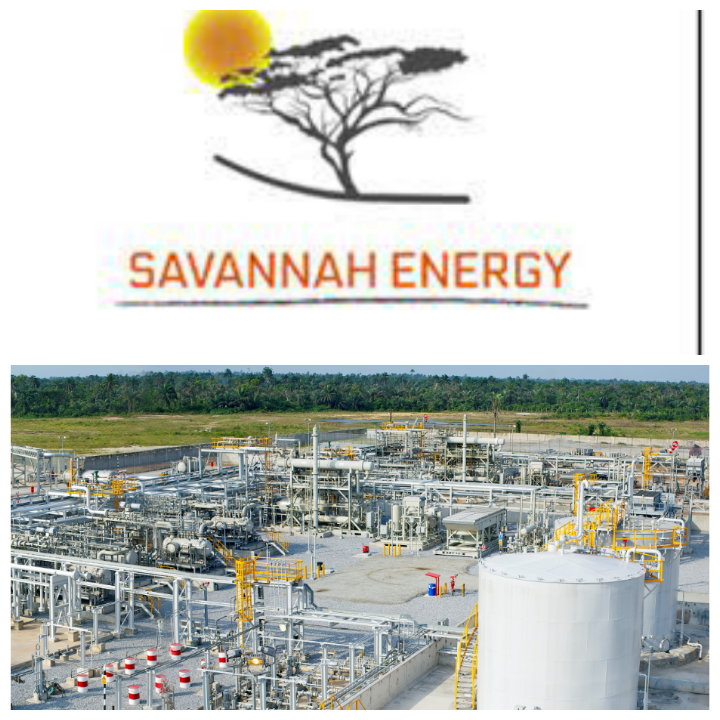


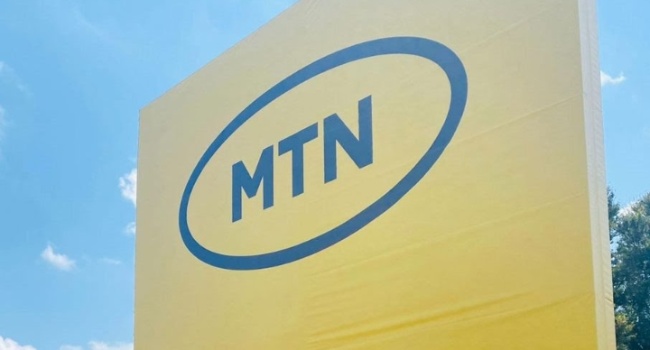


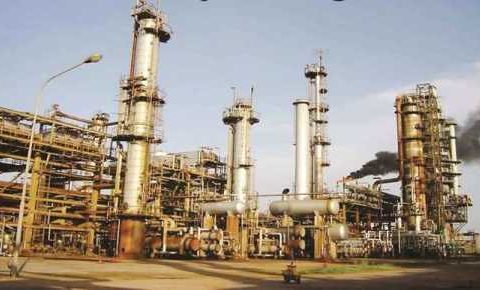
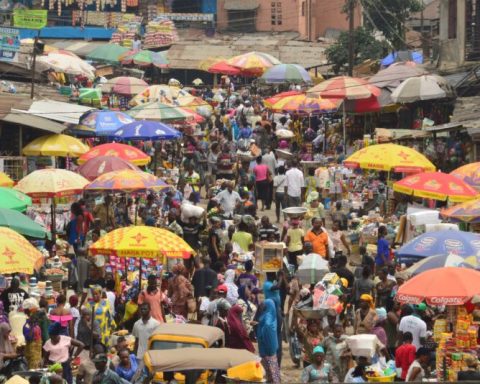






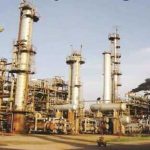
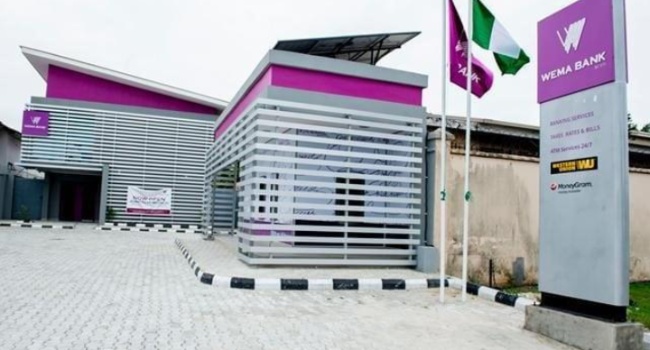


Follow Us